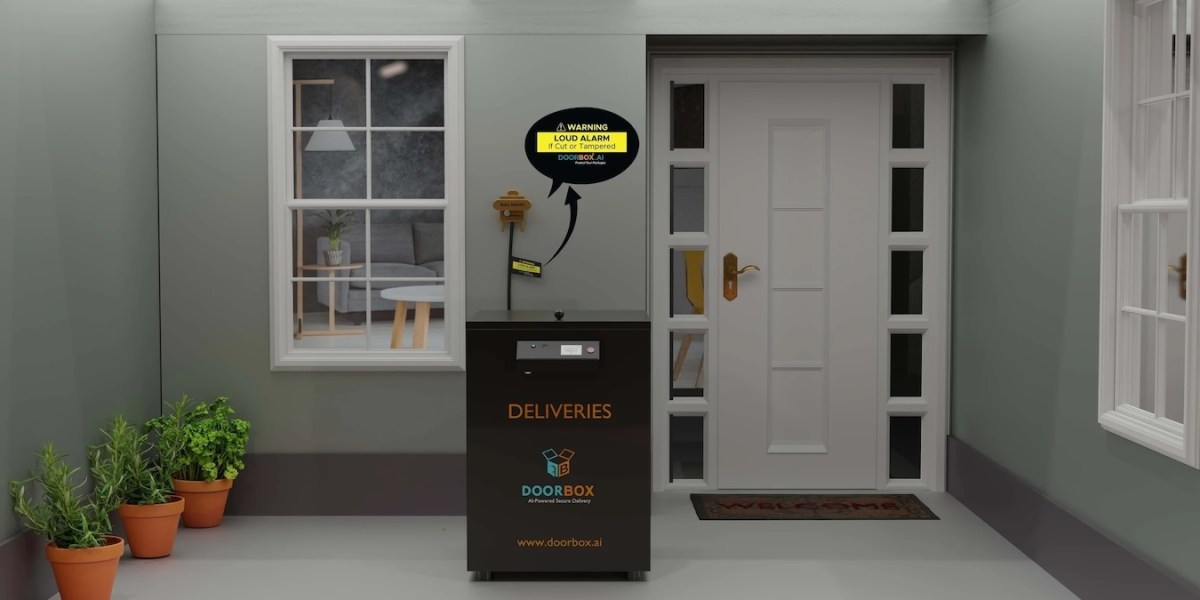The United Automobile Workers union is seeking approval from federal labor regulators for a union election among workers at a Ford Motor battery plant in Kentucky, providing an important test of organized labor’s strength after the election of Donald J. Trump.
The union petitioned the National Labor Relations Board on Tuesday to let workers at the new factory in Glendale, about 55 miles south of Louisville, vote on whether they want to join the U.A.W. The plant, which is expected to begin production this year, is a joint venture between Ford and SK On, a South Korean battery company.
In a statement, the U.A.W. said a “supermajority” of workers at the plant had signed cards expressing their desire to join the union.
“We want to be able to come together with management and have a voice in how the business is run,” said Bill Wilmoth, a production worker at the Glendale plant who helped lead the organizing drive. “We want an opportunity to negotiate a contract.”
A vote to join the U.A.W. would increase the likelihood that workers who were hired at two other Ford battery plants would also become union members. Those plants — one in Kentucky and the other in Tennessee — are under construction and are also joint ventures between Ford and SK.
BlueOval SK, as the venture is known, said the U.A.W. election petition was “premature” because the factory had not finished hiring workers.
“The U.A.W. is trying to rush BlueOval SK into unionization before our full work force has the opportunity to make a truly free and informed choice,” BlueOval SK said in a statement. “And none of our team members have had the opportunity to see how our plant will operate since we have not yet begun production.”
The union election will take place after Mr. Trump becomes president and possibly after his appointees have taken over leadership posts at the labor board. Mr. Trump’s appointees were widely seen by labor experts as being hostile to unions and during his first term. The labor board often ruled in favor of employers over organized labor.
During the 2024 election campaign, tension between the U.A.W. and Mr. Trump ran high. The president of the union, Shawn Fain, campaigned energetically for Vice President Kamala Harris and often criticized Mr. Trump, calling him a “scab” and saying union workers would see much greater progress under a Harris administration. Still, a significant number of U.A.W. members supported Mr. Trump in Michigan and Wisconsin.
Under President Biden, the U.A.W. enjoyed enthusiastic support from the White House. Mr. Biden publicly championed unions and made an appearance on a U.A.W. picket line when the auto union was on strike against the three large Michigan-based automakers — General Motors, Ford and Stellantis — in 2023.
After winning significant wage and benefit gains from the three companies, the U.A.W. began campaigning to organize nonunion auto plants in the South. It won a vote at the Volkswagen plant in Chattanooga, Tenn., but lost another at two Mercedes-Benz plants in Alabama.
An affirmative vote at BlueOval SK would give the U.A.W. another victory in the South, and could give the union momentum for votes at the other battery plants that have recently started production or are being built around the country.
The U.A.W. has already organized workers at a battery joint venture between G.M. and LG Energy Solution. That joint venture has factories in Warren, Ohio and Spring Hill, Tenn.
Stellantis, the maker of Chrysler, Dodge, Jeep and Ram vehicles, is building battery plants in Indiana that the U.A.W. also hopes to organize.
G.M. and LG had plans for a third battery plant in Lansing, Mich., but G.M. is set to sell its ownership stake in that factory, which is under construction, to LG.









Leave a Comment